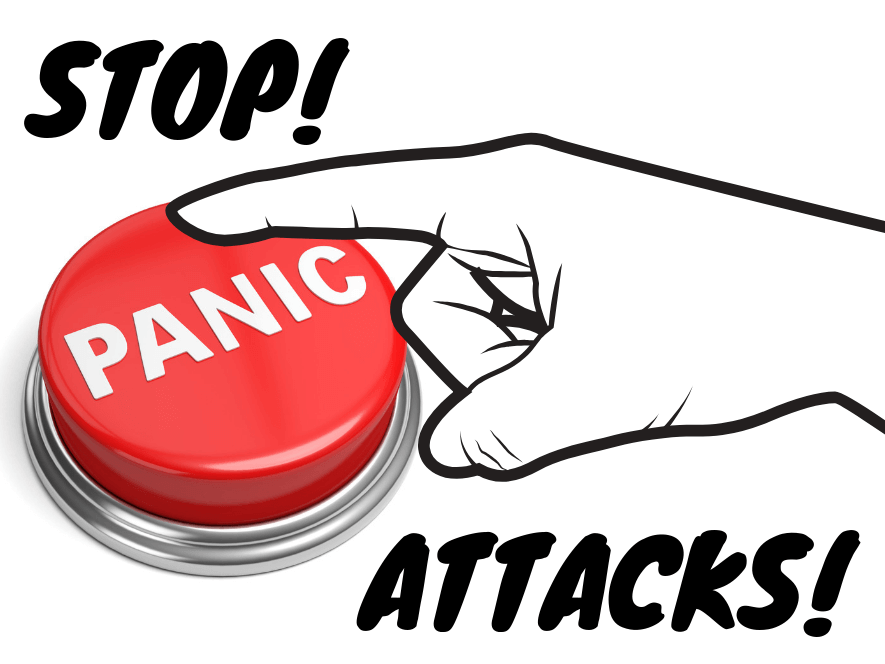
Panic disorder is recurring, sudden attacks of severe anxiety followed by at least 1 month of persistent worry about having another panic attack. You have intense concerns about the consequences of another attack, and you have made significant changes in your behaviour relating to these events.
For example, you wonder if there is an undiagnosed medical problem behind your feelings. Then your behaviour changes; you are having repeated medical tests due to these worries and, despite reassurance, you still have fears of being unwell. You might make further changes in your behaviour; you start avoiding activities like exercise because it increases the heart rate.
Why do we get into this vicious circle?
During a panic attack, you feel suddenly overwhelmed by the physical sensations such as palpitations, sweating, chest pain, nausea, dizziness, feeling faint, numbness, tingling sensations, pins and needles, dry mouth or stomach ache. This experience scares you, and you immediately experience a fear of dying or going mad—the loss of control spirals into fear of the attack returning again.
Panic attacks usually last for 30-45 minutes, reach a peak within about 10 minutes, leaving you feeling tired or exhausted. Their re-occurrence and intensity vary.
Many people experience a panic attack once or twice in their lives; this is normal and it does not mean that you have panic disorder.
If you think that you might suffer from panic disorder, ask for help!
First, contact your GP, but if they have ruled out any medical conditions, that might be responsible for your bodily symptoms, we can help you understand your body/mind connections, explain your physiological symptoms and help you get back control over your feelings.
